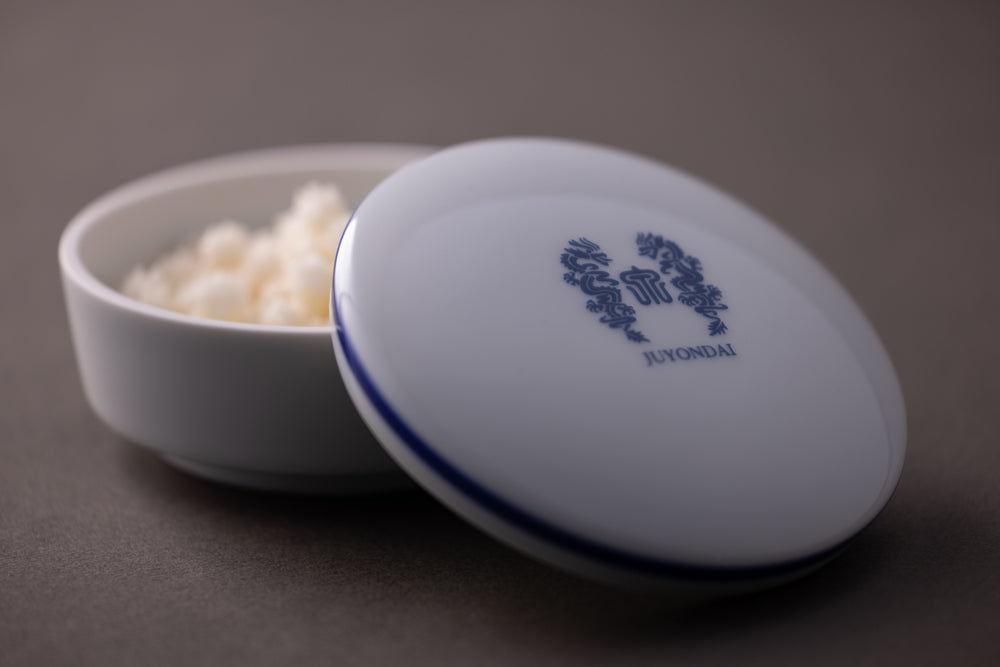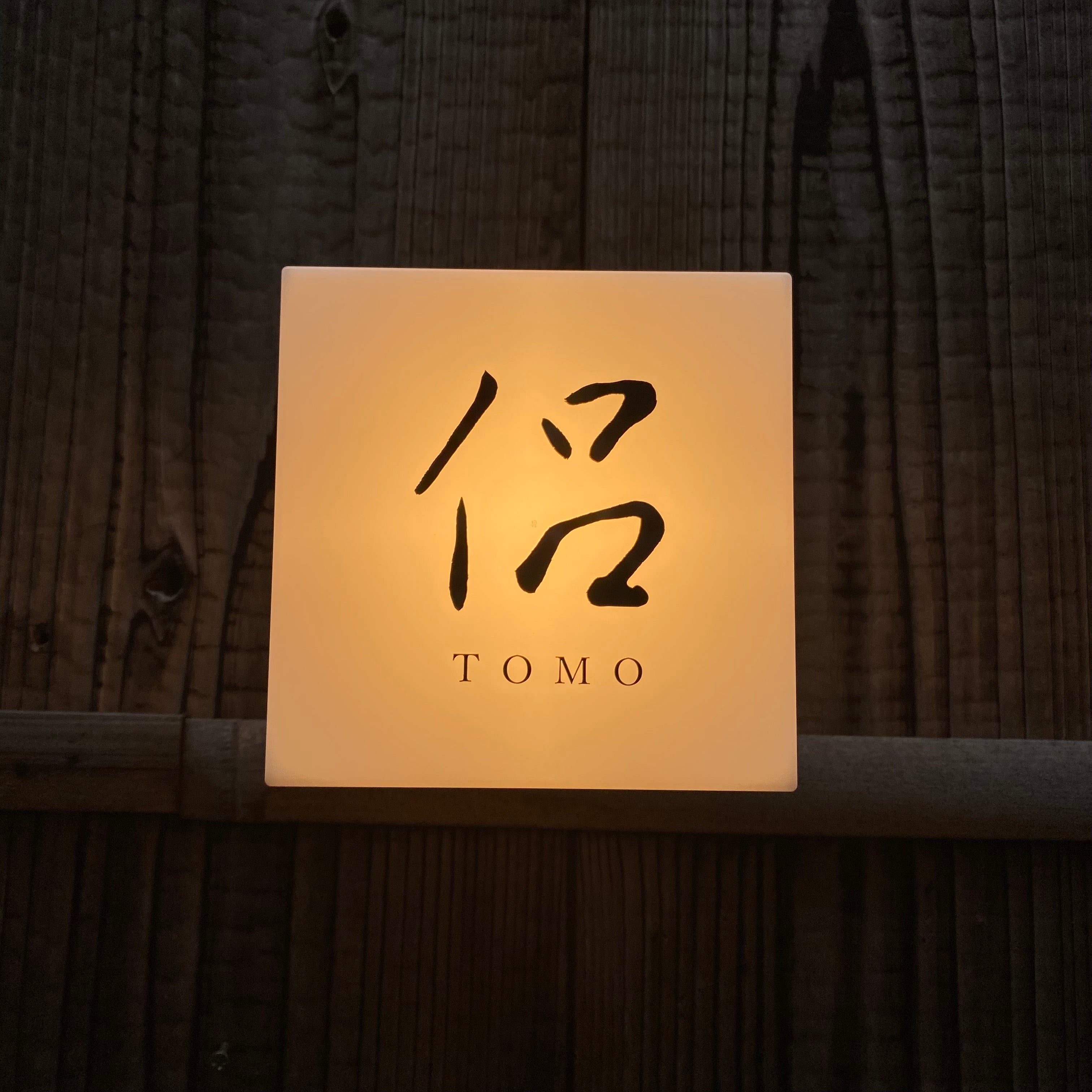Article: Sake Juyondai konpeito and original bonbonniere

Sake Juyondai konpeito and original bonbonniere
“Sake 14th Generation Konpeito and Original Bonbonniere”
Sales start on Saturday, June 17, 2023 (limited quantity)
We would like to thank the three companies Takagi Sake Brewery, Rokujuan Shimizu, and Fukagawa Seiji, whose common points in manufacturing are the five human senses, handwork, and the desire to please others. I was able to connect it.
Bonbonniere made with Japanese craftsmanship. And then there is the innovative konpeito, which was brought from ancient Portugal and developed into traditional Japanese culture. Since the Meiji period, the imperial and imperial families have used bonbonniere and konpeito as gifts for auspicious occasions in an effort to inherit Japanese traditions while incorporating Western lifestyles. This trend continues to the present day, with deep ties to Fukagawa Seiji as one of the potteries that supply porcelain bonbonnières, and Ryokujuan Shimizu as a maker of konpeito.
Takagi Sake Brewery, a 14th generation brewer of famous sake with a history of over 400 years, joined the company and created sake konpeito and bonbonnière that are full of skill and passion.

◇14th generation sake brewer: Takagi Sake Brewery (Yamagata Prefecture)

A brewery founded in 1615 in the early Edo period. We are particular about Yamagata's clear, cold winter air and water, and we have inherited the tradition of making artistic sake that will leave a lasting impression, making full use of over 400 years of traditional techniques and modern techniques. The representative brand, Juyondai, has been praised for ushering in the ``era of aromatic and umami sake.''
◇Rokujuan Shimizu (Kyoto Prefecture)

A konpeito specialty store founded in Kyoto in 1847 during the late Edo period. The finished product of konpeito differs depending on various factors such as temperature and weather, and the craftsman listens to the sound of the konpeito as it rolls in the pot to assess its condition. Konpeito made using sake is the most difficult type of konpeito to make, as it evaporates and loses its flavor when heated.
◇Fukagawa Seiji (Saga Prefecture)

An Arita ware pottery founded in 1894 during the Meiji period. In 1900, he exhibited a large vase at the Paris World's Fair and won a gold medal. In 1910, in recognition of its advanced technology, it was appointed as a purveyor to the Imperial Household Agency. Since the system was abolished shortly after the war, imperial tableware has been stored here to this day.

◆“Gunjo” ¥27,500 (tax included) Limited to 5 pieces
Contents: Konpeito 35g + 120g/1 piece of porcelain bonbonniere
◆“Kinsai” ¥29,700 (tax included) Limited to 5 pieces
Contents: Konpeito 35g + 120g/1 piece of porcelain bonbonniere
*Also sold at Ryokujuan Shimizu directly managed stores.

